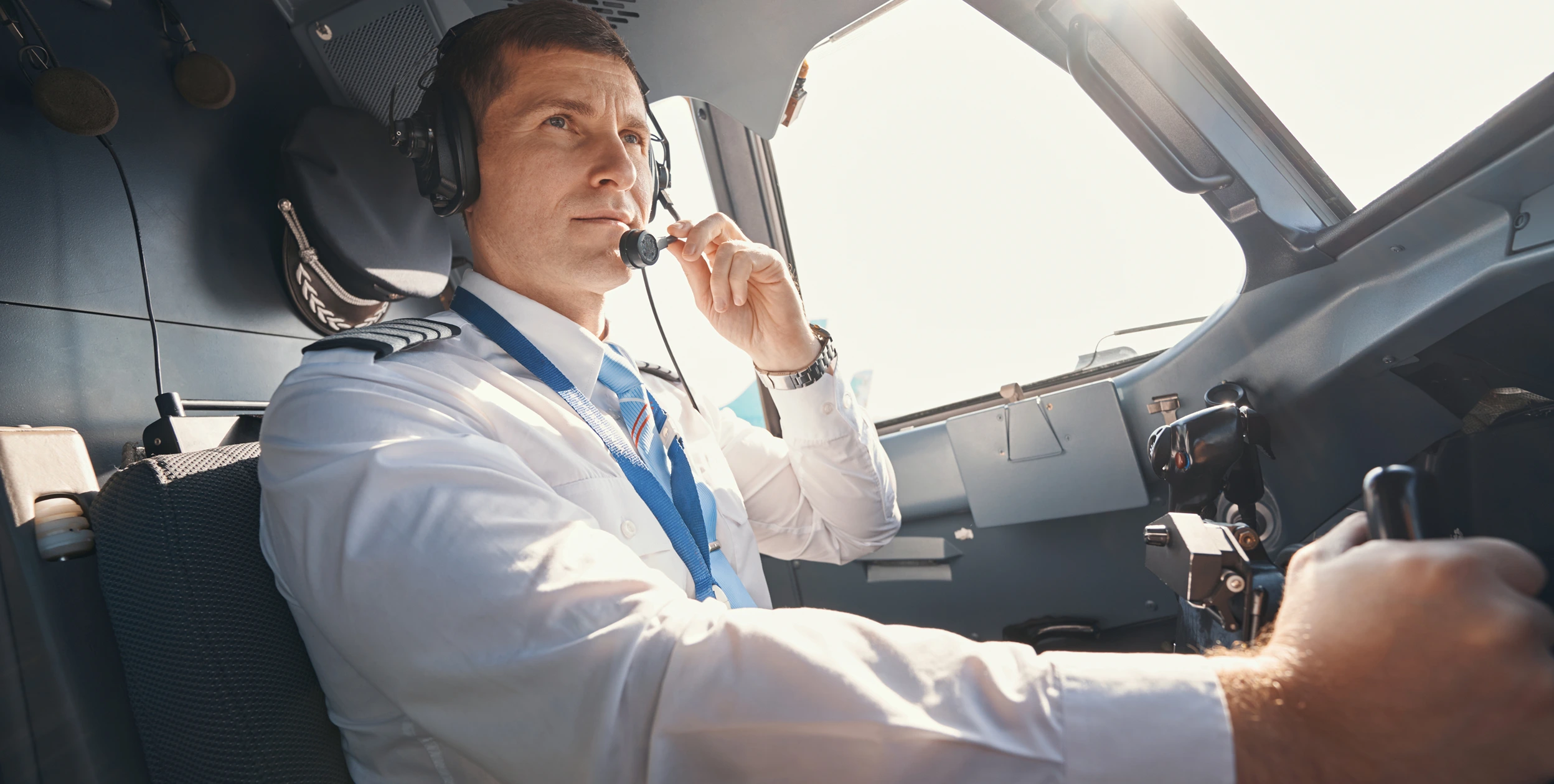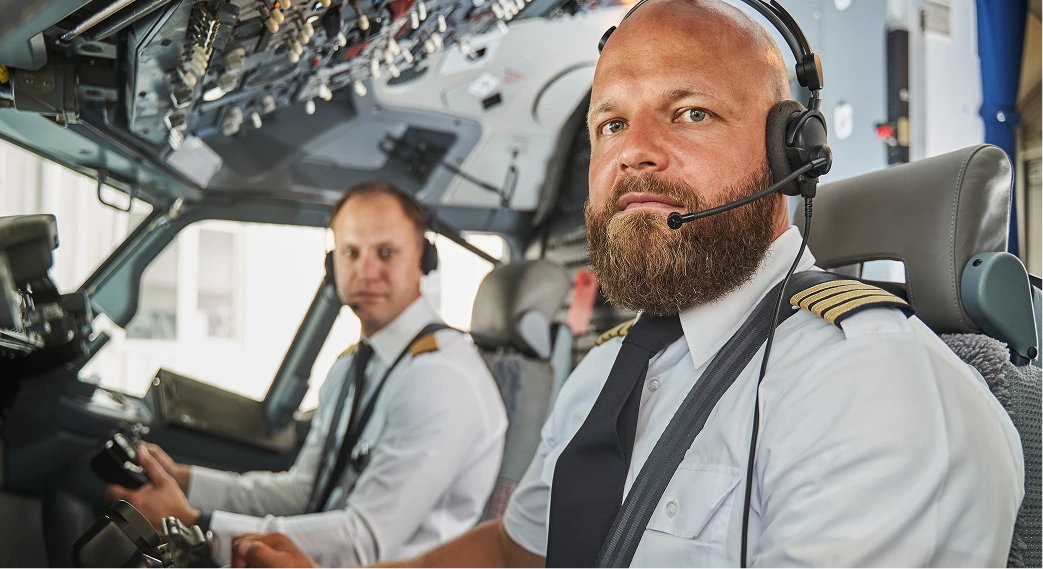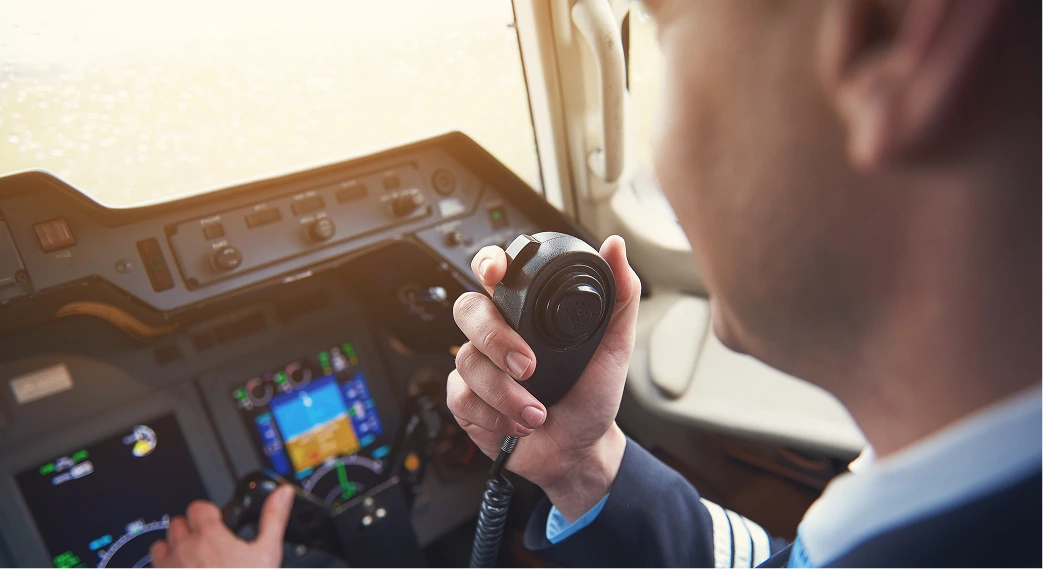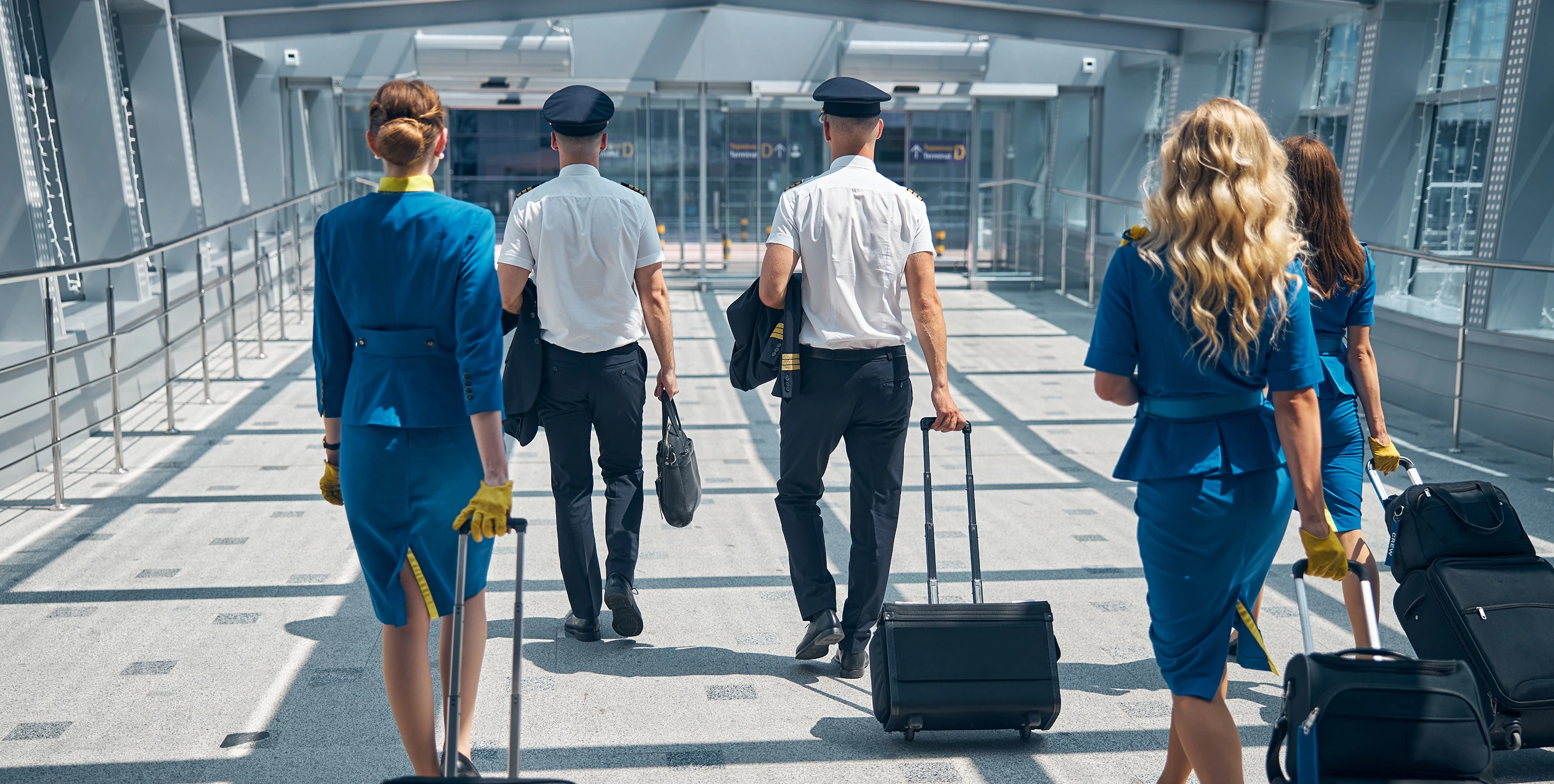Salaries per Country and Type of Airline
The salary of an airline pilot varies significantly depending on factors such as country, airline, experience and type of aircraft operated. Here, you can find the average annual salary ranges in different countries:
Experienced commanders and pilots earn the highest salaries, while first officers and new recruits have lower incomes.

Private Pilot (PPL)
A private pilot (PPL) cannot work on commercial flights and therefore does not receive a fixed salary. However, some do generate income by working as flight instructors for new applicants or by participating in recreational aviation. These activities may offer some remuneration, but do not guarantee financial stability, as they depend on the demand and availability of students or customers interested in non-commercial private flying.
As they are not qualified for commercial flights, many private pilots use this licence as a first step in their career, gaining experience before obtaining a commercial licence. There are also those who obtain the PPL purely out of passion, with no intention of making aviation their profession.
Commercial Pilot (CPL)
A Commercial Pilot (CPL) can operate paid flights, with a starting salary ranging from $30,000 to $70,000 USD per year. These pilots can work in private flying, cargo transport or even as advanced flight instructors. Their income will depend on the company they work for, the type of aircraft they operate and the number of flight hours they have accumulated.
As they gain more experience, commercial pilots can access better opportunities within the industry, increasing their salary. Many choose to continue their training and accumulate flight hours with the aim of obtaining an Airline Pilot Licence (ATPL), which will allow them to work for more prestigious airlines and with better pay conditions.
Airline Pilot (ATPL)
Airline Pilots (ATPL) have the highest earning potential in the aviation industry. On regional airlines, salaries range from $50,000 to $120,000 USD per year, while on international airlines they can reach between $150,000 and $350,000 USD. In addition to the base salary, these pilots often receive additional benefits such as per diem, accommodation, flight hour bonuses and other incentives.
The level of income depends on the airline, seniority and the number of flight hours accumulated. The most experienced commanders tend to receive the highest salaries. In addition, international airlines tend to offer better salary packages, especially in regions where the demand for pilots is higher.


The world’s most prestigious airlines tend to offer the best salaries to their pilots, especially on long-haul flights. These airlines seek to attract the most experienced professionals and therefore offer highly competitive salaries, along with additional benefits such as accommodation, per diems and bonuses.
Among the highest paid airlines, Emirates tops the list with salaries that can reach $350,000 USD (€322,000) per year. Qatar Airways is close behind, offering up to $320,000 USD (€295,000), while Delta Airlines pays up to $300,000 USD (€276,000). Lufthansa, one of Europe’s leading airlines, offers salaries of up to $250,000 USD (€230,000) per year.
Factors such as seniority, type of aircraft operated and number of flight hours can significantly influence a pilot’s final salary. In addition, Middle Eastern airlines tend to offer more attractive packages due to the high demand for experienced pilots and tax incentives in the region.
A pilot’s salary is determined by several factors that can significantly influence his or her income. The most important of these are listed below:

To increase your salary as a pilot, one of the best strategies is to obtain more certifications. Acquiring ratings to operate larger aircraft allows access to long-haul flights, which tend to be better paid. These certifications also increase job opportunities with international airlines, which offer higher salaries and additional benefits.
Therefore, another way to improve your salary is to work for prestigious international airlines, such as Emirates, Lufthansa or Delta, which pay more than local airlines. In addition, accumulating more flight hours is essential, as experience translates into higher salary opportunities and better positions within the company. Pilots with more flight hours can be promoted to positions such as commander, which significantly improves their salary.
Being a pilot can be worthwhile for those seeking a well-paid career, as it is one of the highest paid professions in the world. However, it requires years of training and experience, which involves a significant commitment. International airline pilots, especially those operating long-haul flights, enjoy the highest salaries, making the investment in time and effort very worthwhile in the long run.
With the support of institutions such as Global Training Aviation, which offers world-class training, the aviation industry continues to offer numerous high-paying employment opportunities. This growing demand for commercial flying makes a career as a pilot attractive not only for the income, but also for the opportunities for career growth and the chance to work for a variety of international airlines.